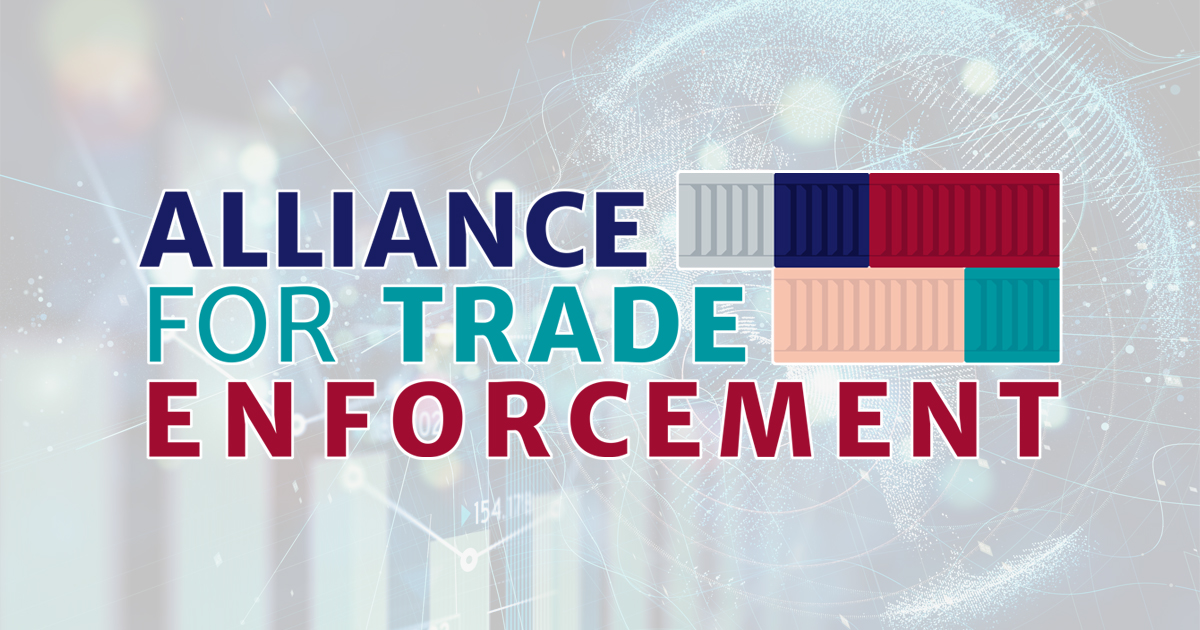|
In just a few weeks, the World Trade Organization (WTO) will decide whether to waive international intellectual property (IP) protections for Covid-19 therapeutics and diagnostics. The proposal before the WTO would “extend” an existing IP waiver isolated to Covid-19 vaccines. As the decision nears, opposition to the waiver has intensified on both sides of the aisle.
In particular, lawmakers and labor groups have zeroed in on how the waiver would impact American workers by undermining domestic biopharmaceutical R&D. A bipartisan group of senators recently wrote U.S. Trade Representative (USTR) Katherine Tai, asking whether she’ll consider the waiver’s “projected impact on American jobs” before proceeding. Major labor unions, including the International Association of Sheet Metal, Air, Rail and Transportation Workers and the United Association of Union Plumbers and Pipefitters, have opposed the extended waiver because of its job-crushing impacts.
Of course, jobs aren’t the only concern. As the Progressive Policy Institute recently warned, an IP waiver for Covid-19 treatments and tests “could apply to a variety of multipurpose medical devices and medicines yet to be invented.” Overturning global IP rules for these products could thus have reverberations far beyond Covid-19. Consider the drug remdesivir. While the FDA approved remdesivir to treat Covid-19, it can also treat viruses like Ebola, Marburg, and measles. Nullifying patent protections for existing Covid-19 treatments as well as the more than 700 currently in the pipeline could deprive vulnerable patient populations of much-needed help.
Most importantly, the proposed waiver extension is “no pros and all cons.” Along with its negative impacts on a multitude of U.S. industries, an extended IP waiver would do little to achieve its intended purpose of expanding access to Covid-19 therapeutics and diagnostics in low and middle-income nations. On the contrary, IP protections have enabled over 140 voluntary licensing agreements and manufacturing programs around the world, boosting supply in over 100 countries, most of which are low or middle-income.
Thankfully, more lawmakers are picking up on this disconnect. As noted above, a bipartisan group of five Democratic and five Republican Senators recently asked USTR Tai to explain how an extended waiver would actually help patients in developing countries — considering the initial vaccine waiver from June 2022 didn’t address the actual barriers to vaccination, such as a lack of healthcare workers, supply chain bottlenecks, and insufficient infrastructure.
House Ways and Means Committee Ranking Member Kevin Brady (R-TX) and Trade Subcommittee Ranking Member Adrian Smith (R-NE) also recently wrote to USTR to condemn the TRIPS waiver and demand that the administration preserve all records relevant to the waiver and its proposed expansion. This letter follows on a resolution the two Members introduced this summer along similar lines.
An extended IP waiver would threaten millions of U.S. jobs while undermining the world-leading biopharmaceutical industry that delivers life-changing treatments and cures to patients around the world. Members of Congress are right to ask tough questions — so much is at stake.
|


